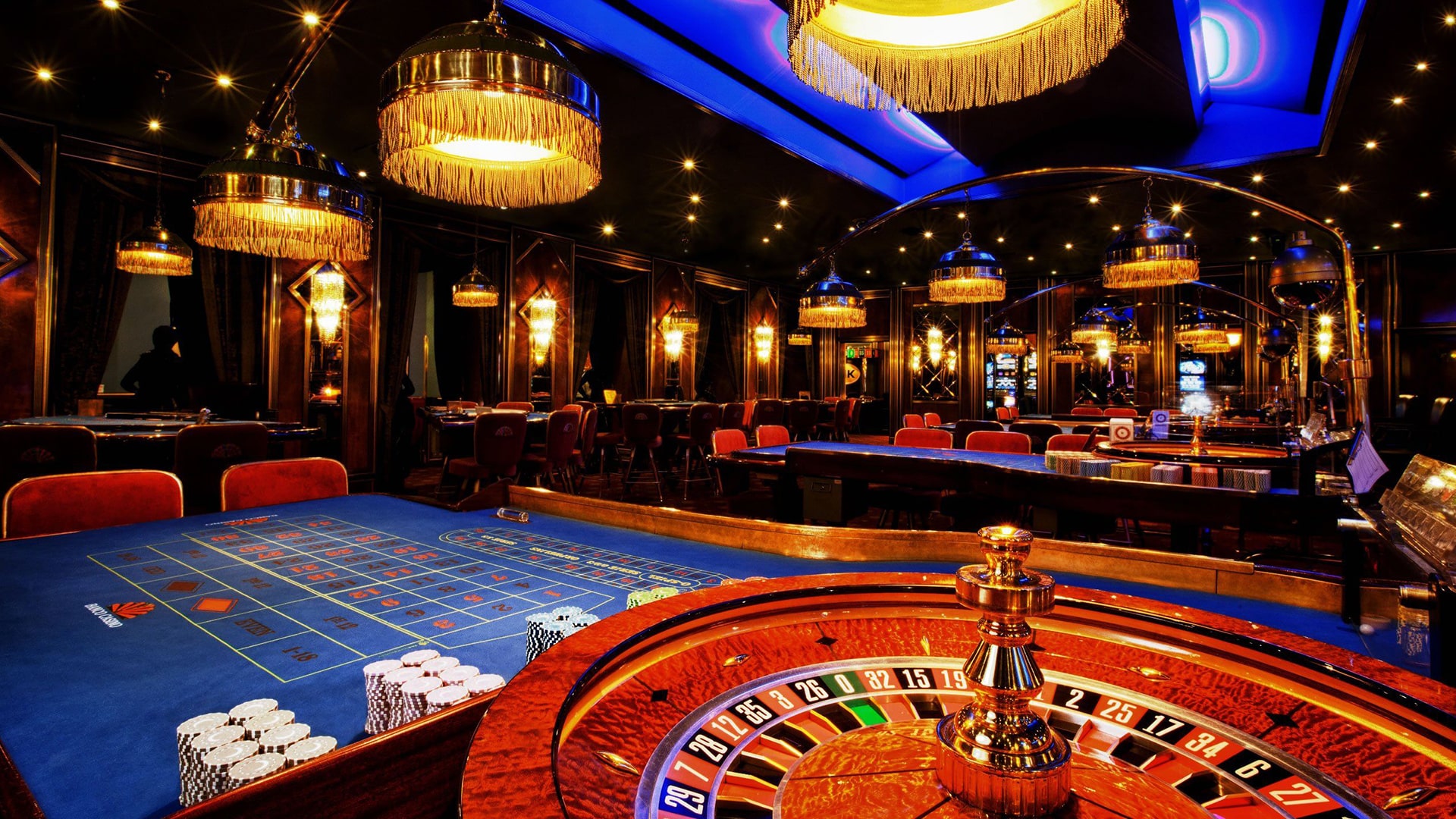
Casino games have long been an integral part of human culture, providing not just entertainment but a fascinating reflection of our aspirations, ambitions, and fears. From the spinning reels of a slot machine to the skill-based strategies of poker, these games encapsulate a spectrum of human feelings and experiences. At their core, casino games are not just a chance to earn cash; they are a reflection of life itself, where risk and reward converge and fortunes can change in an moment.
As players assemble around tables or sit in front of brightly lit machines, they engage in a tradition that transcends mere betting. These games echo our natural desires for connection, excitement, and the search for fortune. They also disclose deeper truths about human behavior, such as our relationship with chance and the excitement of risk. In exploring casino games, we reveal not only the nuances of play but also the intricate pattern of the human story, showcasing our intertwining narratives of hope and reality.
The Psychology of Gambling
Wagering is intrinsically connected in human psychology, appealing to various emotions and desires. The thrill of taking risks is a fundamental aspect that draws players in, be it the excitement of spinning a roulette wheel or the anticipation of drawing a winning hand in poker. This adrenaline is frequently likened to other forms of excitement, as the uncertainty of outcomes triggers a distinct psychological response. Gamblers often become captivated by the possibility of winning big, leading to an almost magnetic draw toward gambling games.
Another, an essential component of the psychology behind gambling is the concept of hope and aspiration. Players often indulge in fantasies of financial freedom and the opulent lifestyle that can accompany winning. This hope fuels their continued participation in casino games, as it provides a sense of meaning and the conviction that a transformative win could be just one bet away. The narrative of overcoming odds and finding success resonates with many, reinforcing their commitment to play and involve themselves with these games.
Finally, social dynamics play a crucial role in gambling psychology. Casino environments are designed to promote social interaction, where players gather to share the experience of wins and losses. This communal aspect not only enhances enjoyment but also affects behavior, as individuals often mimic the actions of others around them. The social validation found in mutual thrill can enhance the emotional experience, making casino games a mirror of not just personal desires but also collective engagement within the gambling community.
### Risk and Reward: A Double-Edged Sword
Gambling games embody the subtle balance between risk and reward that resonates profoundly with the human experience. The excitement of placing a wager is often accompanied by a jolt of energy, as players are confronted with the possibility of a huge payout, yet fully aware of the risk to lose. This twofold experience reflects a core aspect of life: the decisions we face often come with intrinsic risks, and the chase for gain can compel us to make risky moves we might not otherwise consider. https://tylenhacai88.club/ In this way, casino games mirror real-world decisions, enticing players to risk not just their funds, but also their hopes.
The allure of big prizes and winnings fuels a sense of optimism, encouraging players to dream of a brighter future that could arise from a lucky spin of the wheel or turn of a card. This optimism can motivate individuals to engage in greater risks, pushing them to extend their limits in search of economic benefit. However, just as in life, the consequences of these decisions can lead to both victory and failure. The narratives of both jackpot winners and those who have faced losses everything at the casino demonstrate the chaotic nature of chance and its significant effect on our existence.
Ultimately, the interaction of engaging with casino games serves as a potent reminder of the human condition. Every round played is loaded with the tension of uncertainty, as players weigh the gains against the risks. This dynamic not only highlights the excitement that comes with betting but also exposes the weaknesses that come with the urge for more. As we explore the challenges of choice and results in both the gambling world and in life, we find that the pursuit of risk and reward shapes our sense of self and lives in significant manners.
Culture and Solitude in Gambling Culture
Gambling culture is a distinct combination of social interaction and personal pursuit, reflecting the dualities of human experience. Players often gather around tables, sharing in the thrill of the action, celebrating wins, and commiserating over losses. This social aspect is crucial, as it establishes a sense of belonging and camaraderie among varied groups of people. Regular attendees to gaming establishments may form friendships and develop routines, turning the gambling venue into a second home where they feel connected to a larger community of players.
However, the attraction of gambling games can also result to loneliness. As players become immersed in the excitement of playing, they may isolate from personal relationships or fail to engage with the world outside the gaming space. For some, the search of a jackpot can distract from real relationships, leading to isolation. The experience of being surrounded people yet experiencing solitary is not uncommon, as the focus shifts from collective fun to the individual concerns of each player’s journey.
This interplay of community and solitude creates a rich tapestry that defines casino culture. It showcases the complexity of social interactions, where joy and sorrow coexist. Casinos serve as both a sanctuary for social engagement and a stage for individual challenges, demonstrating how deeply connected our yearning for connection and the personal quest for fortune can be. In navigating this landscape, players confront their own stories—seeking both the thrill of the wager and the fellowship of other gamblers, ultimately reflecting the broader spectrum of human experience.